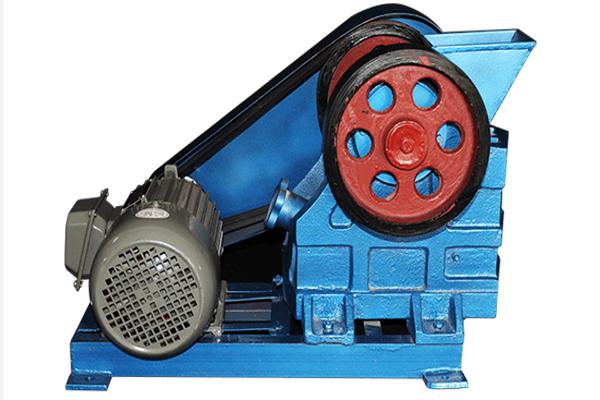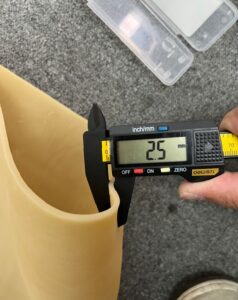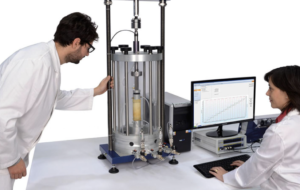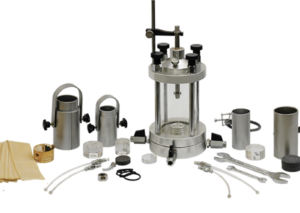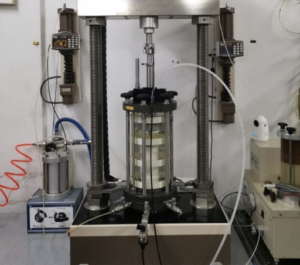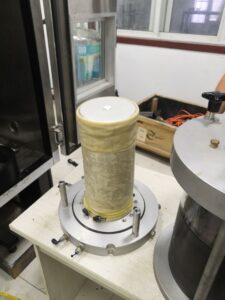Why Are Laboratory Jaw Crushers Essential for Sample Preparation?
In any materials testing or analytical research lab, results are only as good as the sample preparation process1. Whether you’re working with rocks, ores, alloys, or minerals, one tool stands out as essential: the laboratory jaw crusher2. Compact but powerful, it plays a foundational role in turning raw samples into usable data. Here’s why lab jaw crushers are indispensable for any scientific or industrial testing facility.
The Critical Role of Sample Preparation in Analytical Testing
Accurate analysis begins long before the test itself3. Inconsistent particle size, contamination, or incomplete material breakdown can all lead to misleading results4 and wasted time.
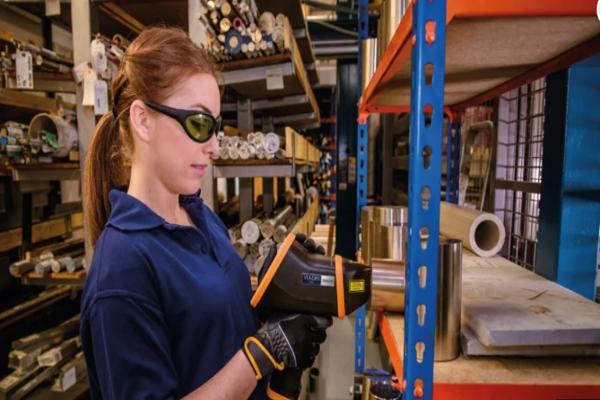
Why It Matters:
- Converts heterogeneous raw samples into homogeneous test material
- Reduces particle size for chemical, thermal, and mechanical tests
- Improves repeatability and reproducibility of experiments
| Sample Type | Preparation Need | Risk Without Proper Crushing |
|---|---|---|
| Ore concentrates | Elemental assay | Inaccurate yield or recovery data |
| Concrete cores | Petrographic analysis | Poor microscopy resolution |
| Recycled metals | Spectrometry | Interference from unprocessed edges |
Without proper crushing, downstream processes like grinding, leaching, or fusion are compromised—making the jaw crusher an upstream gatekeeper of accuracy.
Advantages of Using Jaw Crushers for Precise Sample Reduction
Laboratory jaw crushers are engineered for controlled, repeatable crushing5—especially when dealing with hard or abrasive materials.

Key Benefits:
- Adjustable output size: Fine-tune down to sub-millimeter levels
- High compression force: Breaks down even the toughest samples
- Minimal sample loss: Keeps yield accurate for low-volume labs
- Jaw material options: Choose from steel, tungsten carbide, or ceramic to avoid contamination
| Feature | Lab Benefit |
|---|---|
| Jaw gap adjustment | Custom sizing for specific test protocols |
| Wear-resistant materials | Long life, reduced maintenance |
| Low vibration design | Stable, precise operation |
Unlike general-purpose crushers, lab jaw crushers are optimized for analytical workflows and data integrity.
Ensuring Consistency and Accuracy Through Crushing
Crushing doesn’t just reduce size—it ensures the entire sample behaves uniformly6 in subsequent testing. This is especially important when analyzing trace elements or composite materials7.
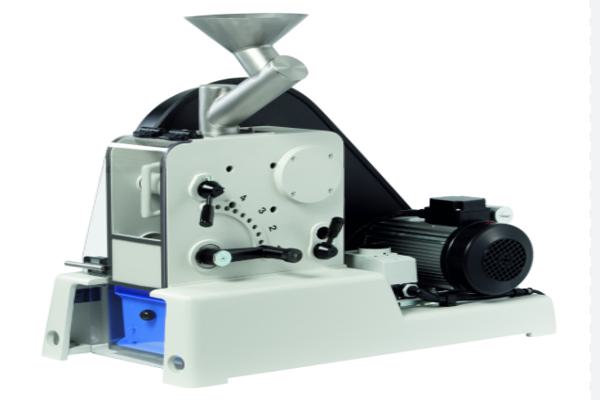
Consistency Pays Off:
- Enhances homogeneity of subsamples
- Minimizes segregation of particles by density or composition
- Avoids outliers in test results due to partial crushing or unbroken material
| Metric | Result with Proper Crushing |
|---|---|
| Sample representativeness | High |
| Test variability | Low |
| Contamination risk | Controlled (with proper jaws) |
By delivering consistent particle sizes, lab jaw crushers ensure that every test batch reflects the true nature of the material.
How Jaw Crushers Meet Stringent Laboratory Standards
Modern laboratory standards demand tools that are safe, repeatable, and aligned with international testing procedures. Jaw crushers are designed to meet and exceed these expectations.

Compliance Features:
- CE/ISO-certified models available for global labs
- Dust enclosures and safety guards to protect users
- Easy-to-clean designs to prevent cross-sample contamination
- Compatible with ASTM and ISO sample preparation workflows
| Compliance Need | Jaw Crusher Feature |
|---|---|
| Trace metal purity | Non-ferrous jaw options (e.g., ceramic) |
| Repeatable sizing | Precision gap control |
| Operator safety | Safety switches, overload protection |
When lab credibility is on the line, jaw crushers ensure safe, accurate, and defensible results every time.
Conclusion
Laboratory jaw crushers are not just helpful—they’re mission-critical in any sample preparation workflow. By delivering consistent, contamination-free, and precisely sized particles, they lay the foundation for valid scientific data and reliable engineering decisions. Whether you’re testing soil, ore, or alloy, this tool ensures that what you see in the test tube truly reflects what’s in the sample.
-
Understanding the sample preparation process is crucial for accurate results in materials testing, making this resource invaluable for researchers. ↩
-
Exploring the functionality and significance of laboratory jaw crushers can enhance your knowledge of materials testing equipment. ↩
-
Understanding the importance of preparation can enhance your analytical skills and improve test outcomes. ↩
-
Exploring the impact of misleading results can help you appreciate the importance of accuracy in research and testing. ↩
-
Understanding the advantages of controlled, repeatable crushing can enhance your knowledge of laboratory processes and improve material handling. ↩
-
Understanding the significance of uniform behavior in samples can enhance your testing accuracy and reliability. ↩
-
Exploring this topic can provide insights into the complexities of material analysis and their implications in various fields. ↩

